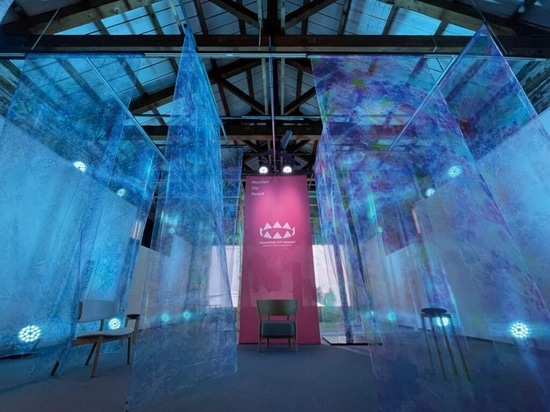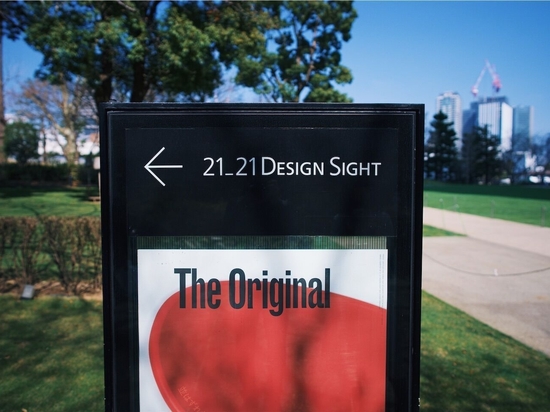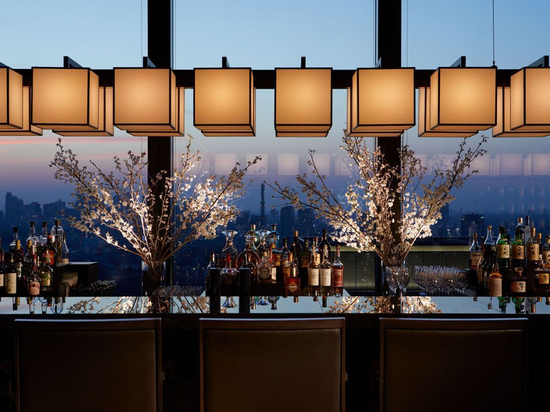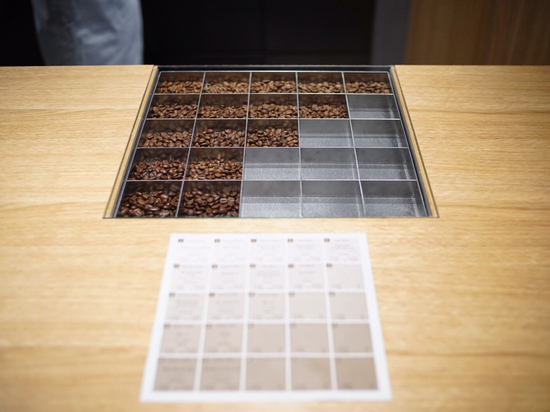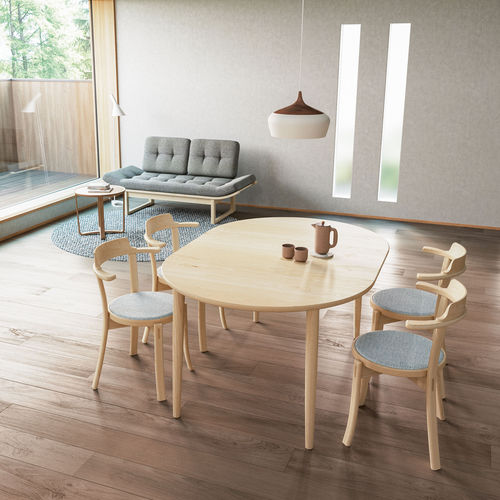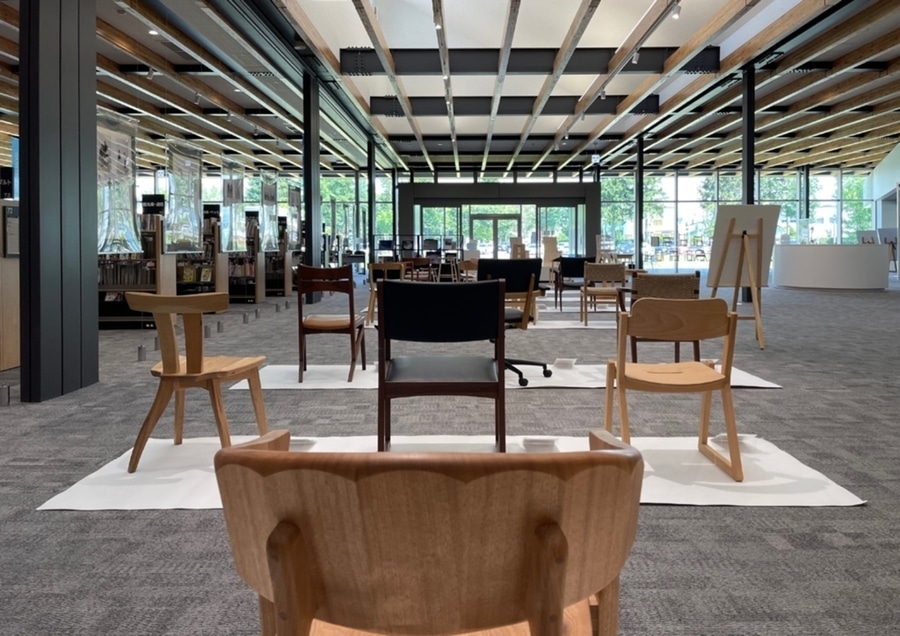
#Product Trends
Asahikawa Design Week for People Hungry for Real Communication Part 2
Asahikawa Design Week
Which do you prefer, Kindle or physical books? This question has been much talked about also on the Internet. I thought I preferred Kindle. In fact, I’ve never bought physical books for many years while buying many books on Kindle. As you know, Kindle makes it much easier for us to buy new books without searching here and there, trouble to carry them around, and a space to store them. If we think rationally, there’d be no reason why we won’t choose Kindle. If someone said “I love the texture and smell of paper,” I would have ignored such an opinion thinking it’s no more than nostalgia.
Let me ask another question. Have you bought the same book twice? Me? Yes, I had sometimes, but now I don’t because Kindle gives me heads up in that case. When I first found the function of Kindle, I even felt awe at the blessing of civilization. One day, however, my admiration changed to doubt because that (mistakenly trying to buy the same book again) happened more often than before. Indeed, I have to admit I become forgetful as I grow older, but that’s not the only problem. I found myself not enjoying reading books as much as I used to. Today, let me share how a rationalist came to reject the progress of civilization.
Forgetful? It may not be because of our age
The same problem has happened earlier in movies. For the past few years, I’ve watched movies on Amazon Prime in most cases, and it happens very often that I’m partway through a movie when I realize I have already seen it before. In that case, I don’t care at all because it’s Amazon Prime. I just look for and try something else unresponsively. All these things considered, I come to think it may not be the contents of books or movies that I really wanted. In other words, all that counts is not the information or stories described in books or movies but the whole process or experience of reading books or watching movies.
For example, there was no online or second-hand market for books when I was young. In order to make the most of a limited budget, I went bookstore-hopping and thoroughly and carefully read the summary of a book on a book cover before buying. When it comes to movies, things become more severe because movie tickets were expensive for young me. I read movie magazines without buying in a bookstore to check what movies will be released in the coming season. After deciding which movie to watch, the next thing was buying an advance ticket because it was cheaper. I remember I put the ticket on the wall of my room and took a look at it from time to time while waiting for the movie to open.
Yes, it was definitely inefficient and time-consuming compared with the current sophisticated systems like Kindle and Amazon Prime, but most of the books and movies I spent more time and effort on remain much stronger in my mind. Now people may make fun of me saying that’s exactly nostalgia, but I think it’s a little missing the point. My point is I enjoyed reading books and watching movies more than now through the inefficient and time-consuming process. Some Japanese people calling themselves rationalists including me really like the words “cost performance.” That means a standard to judge if it’s worth the cost or not. If we give prime importance to cost performance, we will have to reconsider the meaning of life because living itself is not so good in cost performance.
I believe most people have noticed the contradiction. Consequently, the travel industry is booming around the world post-Corona with more and more people returning to physical activity, though it’s costly, inefficient, and time-consuming. In fact, many foreign tourists are rushing back to Japan. Now here goes the main part. In Hokkaido, northernmost part of Japan, we’re welcoming the best season, early summer. Next month there will be a design event, Asahikawa Design Week, where I’m sure you can satisfy your thirst for real communication with people and nature.
